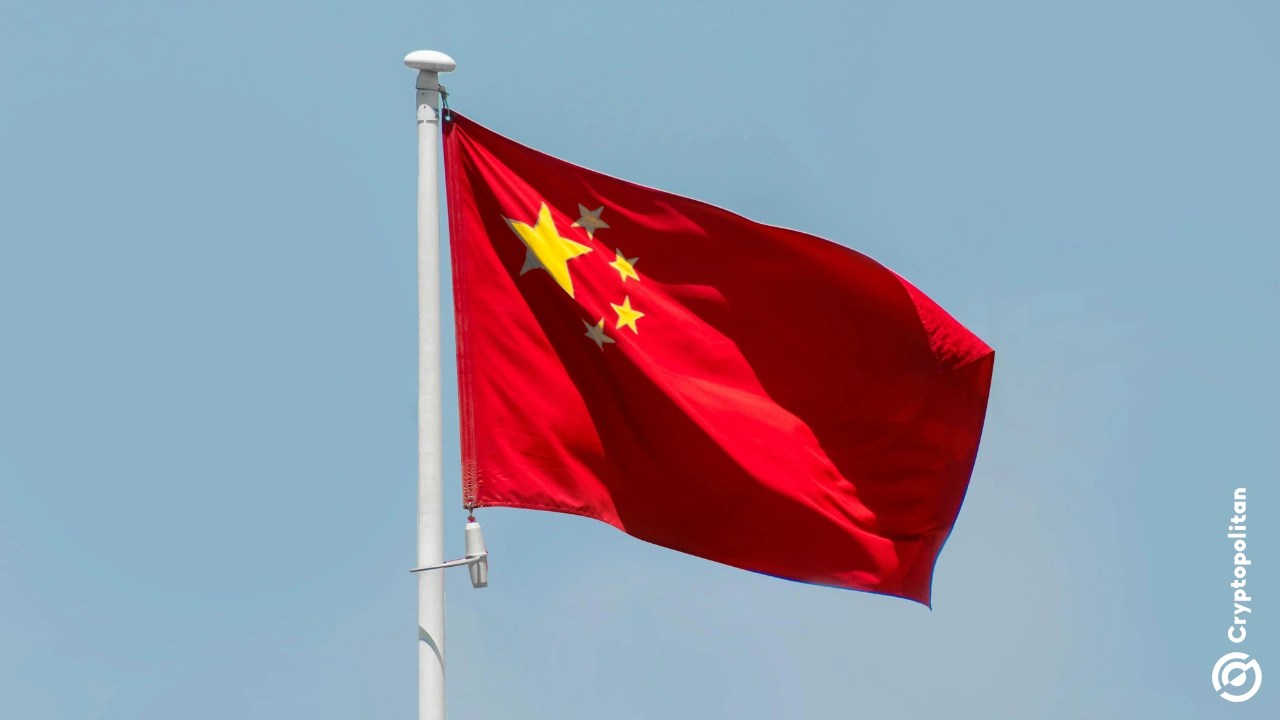China and South Korea have signed a new five-year bilateral currency swap agreement worth 70 trillion won ($49.24 billion / 400 billion yuan) as they seek to strengthen their economic relationship. The agreement was reached during a high-level meeting between the Bank of Korea and the People’s Bank of China in Seoul.
South Korea’s presidential office stated that it would now exchange its national currency, the won, and the Chinese yuan within the existing limits. The swap line was developed to stabilize the financial market, support trade transactions, and ensure liquidity during times of crisis. It replaces a previous agreement that expired in October 2025.
Seoul authorities believe the strategic swap line would help reduce the usage of the US dollar in Asian deals. This move aligns with a broader trend across Asia, where countries are seeking to reduce their reliance on the US dollar in trade and financial transactions. Similar initiatives have been observed between China and other BRICS members, as well as among ASEAN economies, in their efforts to strengthen regional payment frameworks.
Such patterns are emerging due to growing confidence in national currencies and concerns that external monetary turbulence may harm their economies. Analysts say this is a vital agreement, as countries globally face multiple economic challenges, including differences in energy costs, declining growth, and currency fluctuations.
Through stronger yuan-won connections, Beijing and Seoul aim to integrate their economies more effectively and foster assurance between their central monetary authorities.
### Leaders Pledge Broader Cooperation
The currency swap was one of six memorandums of understanding signed during Chinese President Xi Jinping’s state visit to South Korea — his first since taking office 11 years ago. South Korean President Lee Jae-myung welcomed Xi in Seoul on the sidelines of the Asia-Pacific Economic Cooperation summit, looking to expand economic cooperation beyond their four-day meeting and bolster mutual trust.
The agreements cover areas including economic and trade cooperation, services and the digital economy, agriculture and related sectors, as well as amendments to quarantine policies concerning Korean produce. Additionally, both countries will accelerate collaboration to combat online and telecom fraud and prioritize cooperation within the silver economy.
President Xi hailed the collaboration as marking a new phase of mutual trust and shared development. Meanwhile, President Lee emphasized that a closer partnership would help build a stronger foundation for peace and prosperity in Northeast Asia.
The two leaders also discussed ways to revitalize the Korea-China Free Trade Agreement, which has underperformed compared to other trade agreements, while expanding joint investments in clean energy, green technology, and semiconductor production.
### Enhanced Stability for South Korea
For South Korea, the currency swap adds stability to its foreign exchange reserves, which have been shaky due to global monetary contraction. The Bank of Korea explained that the agreement would eliminate the possibility of temporary liquidity shortages and promote financial cooperation in the region.
Economists agree that the agreement broadens Asia’s financial safety net and creates conditions for similar trade agreements within the region. In this context, last year’s renewal by Seoul of the $10 billion won-dollar swap line with Tokyo is viewed as a positive sign.
### Region Faces Shifting Strategic Dynamics
The revitalization of economic partnership with China comes at a time when regional geopolitics is shifting. Seoul is balancing its long-standing ties with China, its largest trading partner, alongside a deepening strategic partnership with Washington and Tokyo.
Park Sung-hoon, an economist at Korea University, described the swap as a genuine response from South Korea to maintain multilateral financial routes. He suggested it serves as a “plan B” in case of deteriorating relations with China or the United States. According to Park, the agreement demonstrates economic independence and strategic thinking, noting that the dollar “does not have Korea in chains” anymore.
For China, weakened regional economic performance and the need to consolidate its regional role encourage pragmatic diplomacy. The revival of Chinese currency swap lines is one part of enhanced integration into Asian economies amid slowing exports and persistent pressure on the property sector.
—
*Sharpen your strategy with expert mentorship and daily ideas — enjoy 30 days of free access to our trading program.*
https://bitcoinethereumnews.com/finance/china-and-south-korea-strengthen-financial-links-with-49-billion-swap-deal/?utm_source=rss&utm_medium=rss&utm_campaign=china-and-south-korea-strengthen-financial-links-with-49-billion-swap-deal



